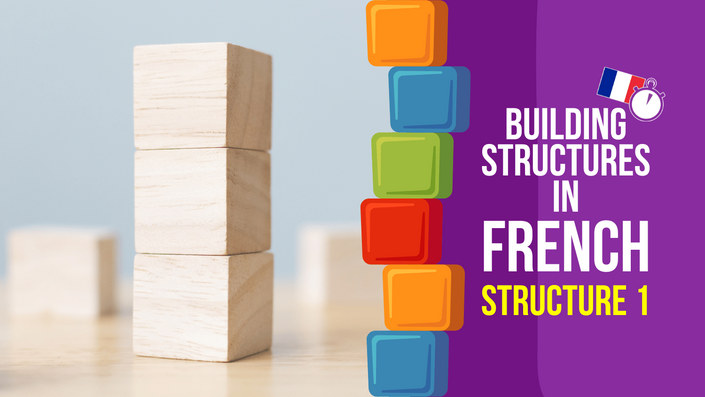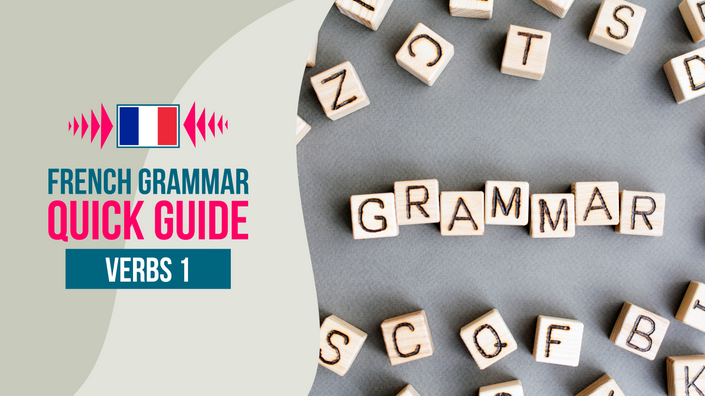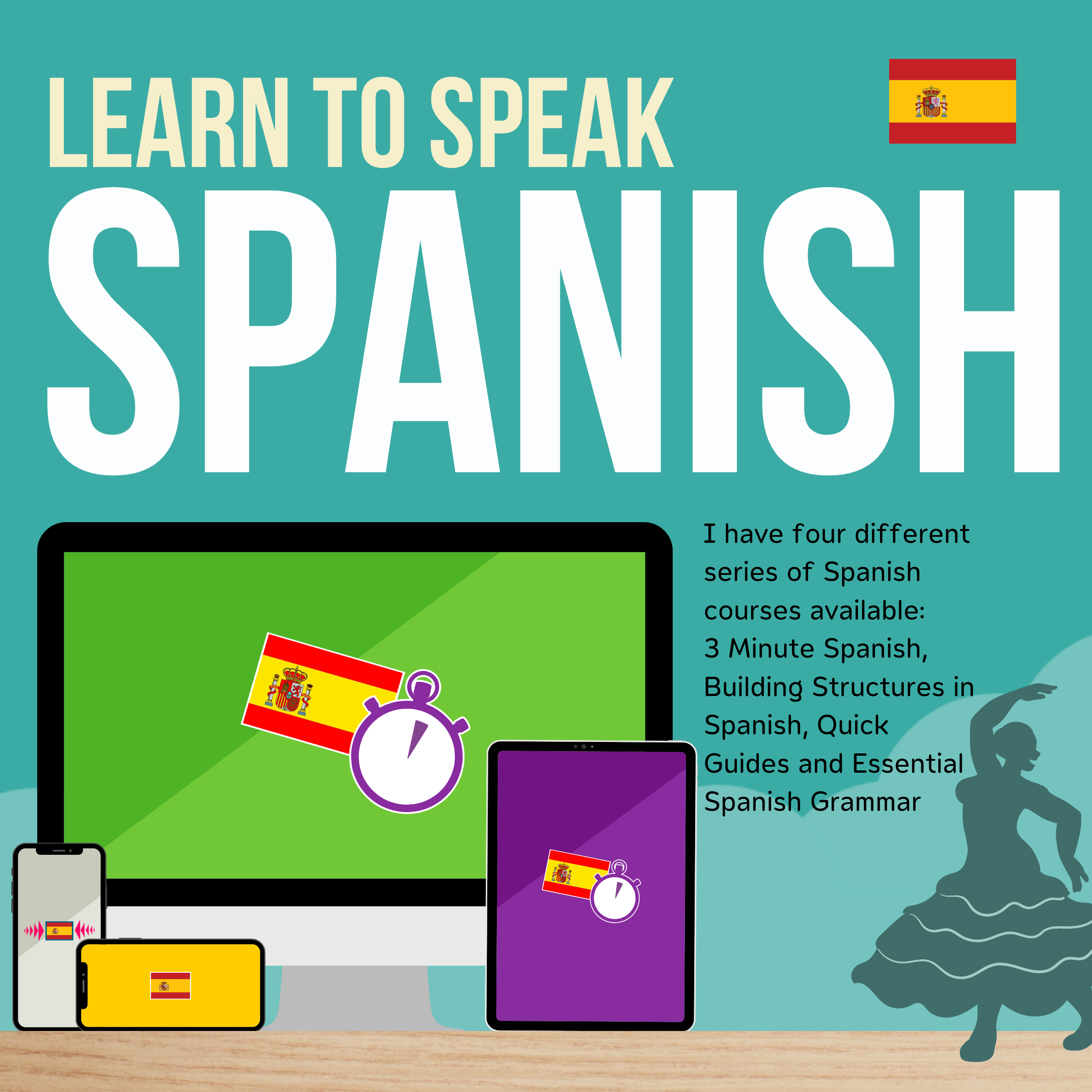
How to pronounce est and et in French
A little pronunciation guide showing the difference in how you pronounce the words est and et in French
What do the words "est" and "et" mean?
The word est means is.
The word et means and.
You pronounce the two words in slightly different ways.
est — like the e in the word “fed”
et — like the vowel sound in the word “pay”
If you’ve seen the guide that talks about the difference in pronunciation between é and è, you’ll see similarities with est and et.
est is pronounced just like è
et is pronounced just like é
"AI" sounds like "est"
The letters “ai”, “ais” or “ait” are pronounced just like the “e” in “fed”, when they’re on the end of a word. This means they’re pronounced the same as the word “est” or the letter “è” in French. There are lots of words in French that end in the letters “ai”, “ais” and “ait”
parfait — perfect (“par-FEH”)
mais — but (“meh”)
je voudrais — I would like (“jsheugh voo-DREH”)
"ER" sounds like "et"
When the letters “er” are at the end of a verb in French, they are pronounced just like the vowel sound in the word “pay”, meaning they’re pronounced the same as the word “et” or the letter “é” in French.
parler — to speak (“par-LAY”)
acheter — to buy (“ash-TAY”)
aller — to go (“ah-LAY”)
Let's practise
Let’s practise the pronunciation rules for saying the words “est” and “et”, as well as the rules for pronouncing the letters “ai”, “ais”, “ait” and “er” when they come at the end of a word. Have a go at pronouncing these words in French:
- travaillais (was working)
- habiter (to live)
- n’est pas (isn’t)
- et (and)
- c’est (it is)
- louer (to hire)
- s’il vous plaît (please)
- manger (to eat)
- français (French)
- jouer (to play)
ANSWERS
- “trah-vah-YEH”
- “ah-bee-TAY”
- “neh-PAH”
- “ay”
- “seh”
- “loo-AY”
- “seel voo PLEH”
- “mon-JSHAY”
- “fron(g)-SEH”
- “jshoo-AY”
In context
It’s always good to look at rules in context, because it helps to solidify them in your mind. Let’s read through some of the lyrics from the song Ainsi bas la vida by the French singer-songwriter, Indila, and focus on the words “et” and “est” or any words that end in “ai”, “ais”, “ait” or “er”.

AINSI BAS LA VIDA
C'était un triste soir comme il y en a par milliers
Quand cet homme est venu me voir pour parler
Et même s'il était tard, qu'on m'attendait pour dîner
Je savais que c'était lui que j'attendais
Et je l'ai vu sourire
J'ai vu ses yeux me dire
Noyer dans un soupire, reste à mes côtés
J'ai pu sentir son cœur
Vibrer à 100 à l'heure
Et soudain j'ai pris peur quand je les entendais me dire
Non, mais qu'est-ce que tu t'embêtes
Tu t'prends la tête
Ce gars-là n'est pas net et il est fauché
Allez, viens sois pas bête
Je t'en prie arrête
J'suis sûr qu'il ne reflète pas vraiment ce qu'il est
c'était — it was (“say-TEH”)
milliers — thousands (“mee-lee-AY”)
est — is (“eh”)
parler — to speak (“par-LAY”)
et — and (“ay”)
était — was (“ay-TEH”)
m’attendait — was waiting for me (“mah-ton(g)-DEH”)
dîner — to have dinner (“dee-NAY”)
savais — knew (“sah-VEH”)
j’attendais — I was waiting (“jshah-ton(g)-DEH”)
je l’ai — I have it (“jsheugh leh”)
j’ai — I have (“jsheh”)
noyer — to drown (“nwah-YAY”)
vibrer — to vibrate (“vee-BRAY”)
entendais — heard (“on(g)-ton(g)-DEH”)
n’est pas — isn’t (“neh PAH”)
allez — go (“ah-LAY”)
vraiment — really (“vreh-MON(g)”)
EZ
I just wanted to point out something that you might have noticed in the “in context” section. I included the word “allez” in the list above, and that’s because the letters “ez”, when they appear on the end of a word, are pronounced the same as “er”.
So, “aller” and “allez” are pronounced exactly the same. Have a look at these pairs of words:
parler – to speak (“par-LAY”)
parlez – speak (“par-LAY”)
aller – to go (“ah-LAY”)
allez – go (“ah-LAY”)
louer – to hire (“loo-AY”)
louez – hire (“loo-AY”)
vraiment
Finally, you might have also noticed that I included “vraiment” in the list, as well. And that’s simply because the “ai” in the middle is pronounced like any other “ai” in French
vraiment – really (“vreh-MON(g)”)
Get three courses in one bundle, and save money
-

Courses 1, 2 & 3
Get this bundle -

Courses 4, 5 & 6
Get this bundle -

Courses 7, 8 & 9
Get this bundle
Course 2, Building Structures and grammar courses
-

Course 2
Get this course -

Building Structures
Get this course -

Quick Guide
Get this course
All my French courses

Building Structures in French
Quick Guides
French grammar
Essential French grammar - Future | Conditional | Imperfect
All my Spanish courses

Building Structures in Spanish
Quick Guides
Spanish grammar
Essential French grammar - Future | Conditional | Imperfect
All my German courses

Building Structures in German
Quick Guides
German grammar
Essential French grammar - Future | Conditional | Imperfect
All my Italian courses

Building Structures in Italian
Quick Guides
Italian grammar
Essential French grammar - Future | Conditional | Imperfect
All my Portuguese courses

Building Structures in Portuguese
Quick Guides
Portuguese grammar
Essential French grammar - Future | Conditional | Imperfect






